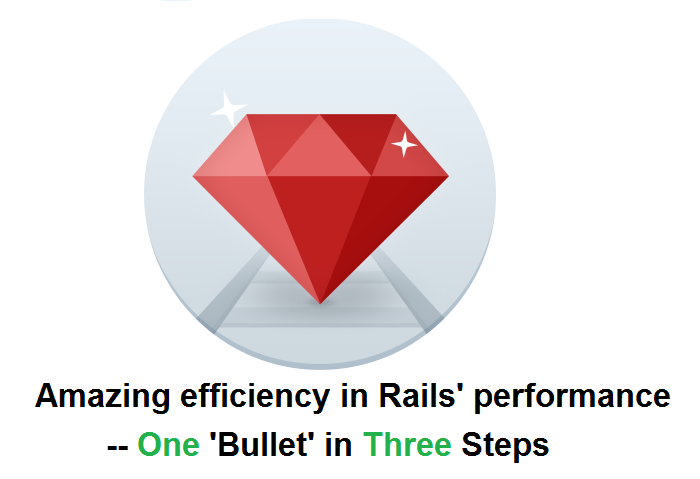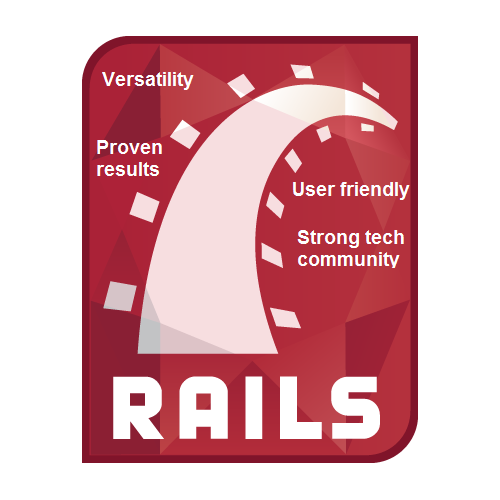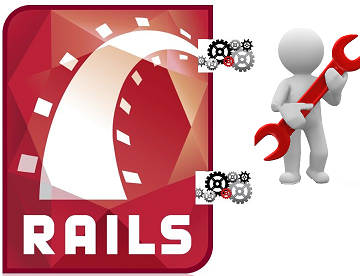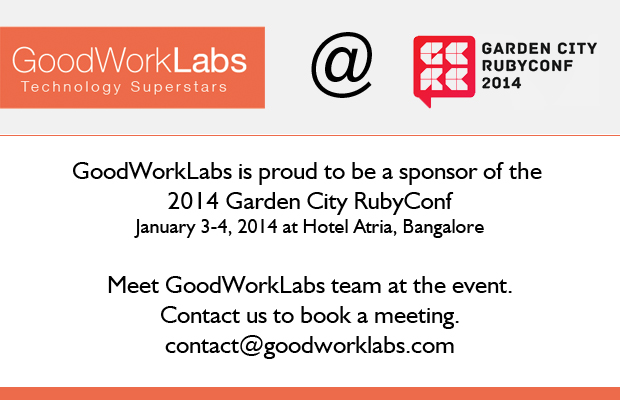When You Should And Should Not Use Ruby On Rails
With the ever-increasing importance of attractive business websites, there has been a dramatic surge in the demand for effective web development frameworks. And it’s here that Ruby on Rails fits into the picture with great impact. As a highly scalable and flexible web development framework, Rails makes your web development project highly affordable. That’s not all; this particular web development framework also offers opportunities for swift development and improved performance.
However, web developers will require considering quite a few significant aspects while using Ruby on Rails. There is no denying the cost-effectiveness or numerous other benefits offered by this particular framework. At the same time, it’s also imperative to know when and where to use Ruby on Rails.
Here’s a guide for all those passionate web developers out there.
Projects demanding Ruby on Rails
If you wish to create a customer-friendly, sales-oriented, or social participation sites, Rails will turn out to be the best solution. Check out the following categories, and see of Rails is an ideal option for you.
1. Membership sites
If you are into building social networking sites or social participation platforms, Ruby on Rails will emerge as the greatest option. With a unique range of plug-ins, Rails will help you combat every critical social networking site.
2. Ecommerce sites
Ecommerce platforms depend on two crucial aspects. In simple words, your ecommerce development project will rely on two significant approaches. High sales and effective customer engagement are the two most important factors in this context.
With Ruby on Rails, ecommerce site owners will find a modular approach. The unique features offered by the framework will help developers integrate site functions such as site updates, bulk uploads, custom price algorithms, along with photo cropping features for thumbnail creation.
3. Content management systems
As one of the highly scalable web development frameworks, Rails allows easy navigation to its users. If your website involves a lot of content creation, uploading, and management, Ruby on Rails will prove to be the best solutions.
4. Custom database management systems
Digital transformations have led businesses towards embracing innovation. Every new-age entrepreneur today strives hard towards establishing a strong business model. Quite inevitably, that creates the demand for custom database management solutions. Ruby on Rails offers the fastest and most cost-effective way of creating such systems.
When to avoid Rails
In spite of these amazing benefits and unique features, Ruby on Rails fails to meet the requirements of quite a few site development projects. The following conditions will help you know when to avoid Rails.
I. Building brochure sites
First-time entrepreneurs have countless things in mind while creating their business websites. Most of them opt for brochure-styled websites capable of offering a lot of information to potential customers. These websites have an attractive appearance and also contain crucial contact information about the company.
II. Creating blogging sites
If you wish to integrate blogging as functionality in an extensive internet site, Rails will turn out to be the best solution. But, if it’s a dedicated blogging platform, choosing Ruby on Rails will not be feasible.
Conclusion
We would love to hear your words on this piece about Ruby on Rails. Do write in to us and let us know your thoughts.



































